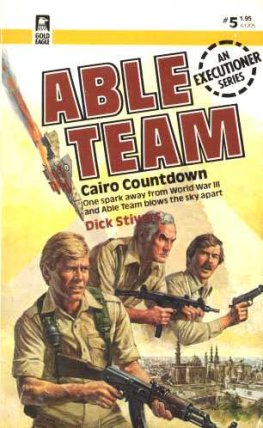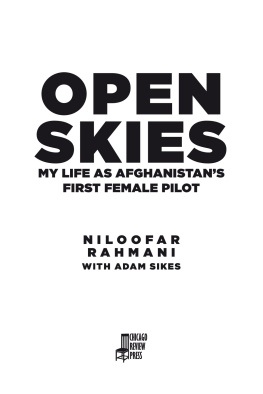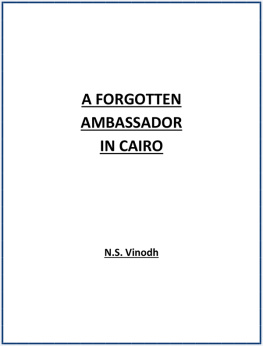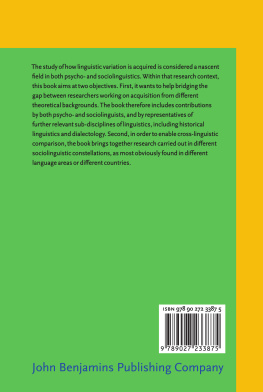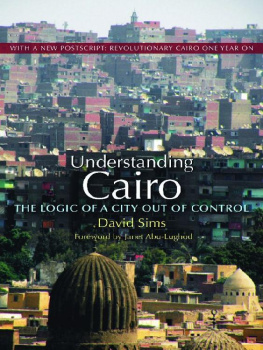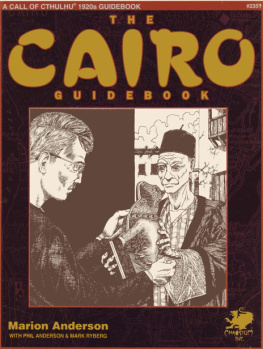
Library of Arabic Linguistics
The reasons behind the establishment of this Series on Arabic linguistics are manifold.
First: Arabic linguistics is developing into an increasingly interesting and important subject within the broad field of modern linguistic studies. The subject is now fully recognised in the universities of the Arabic-speaking world and in international linguistic circles as a subject of great theoretical and descriptive interest and importance.
Second: Arabic linguistics is reaching a mature stage in its development, benefiting both from early Arabic linguistic scholarship and modern techniques of general linguistics and related disciplines.
Third: The scope of this discipline is wide and varied, covering diverse areas such as Arabic phonetics, phonology and grammar, Arabic psycho-linguistics, Arabic dialectology, Arabic lexicography and lexicology, Arabic sociolinguistics, the teaching and learning of Arabic as a first, second or foreign language, communications, semiotics, terminology, translation, machine translation, Arabic computational linguistics, history of Arabic linguistics, etc.
Viewed against this background, Arabic linguistics may be defined as the scientific investigation and study of the Arabic language in all its aspects. This embraces the descriptive, comparative and historical aspects of the language; it concerns itself with the classical form as well as the modern and contemporary standard forms and their dialects. Moreover, it attempts to study the language in the appropriate regional, social and cultural settings.
The Series will devote itself to all issues of Arabic linguistics in all its manifestations on both the theoretical and applied levels, through Monographs written in either English or Arabic, or both, for the benefit of wider circles of readership. The results of these studies will be of use in the field of linguistics in general, as well as related subjects.
The Series Editors
The Sociolinguistic Market of Cairo:
Gender, Class, and Education
Library of Arabic Linguistics
Series Editors
Muhammad Hasan Bakalla
King Saud University, Riyadh, Kingdom of Saudi Arabia
Bruce Ingham
School of Oriental and African Studies, University of London
Clive Holes
Oriental Institute, University of Oxford
Advisory Editorial Board
Peter F. Abboud, University of Texas at Austin; M.H. Abdulaziz, University of Nairobi; Yousif El-Khalifa Abu Bakr, University of Khartoum; Salih J. Altoma, Indiana University; Arne Ambros, University of Vienna; El Said M. Badawi, American University in Cairo; Michael G. Carter, New York University; Ahmad al-Dhubaib, King Saud Univerity (formerly University of Riyadh); Martin Forstner, Gutenberg University at Mainz; Otto Jastrow, University of Heidelberg; Raja T. Nasr, University College of Beirut; C.H.M. Versteegh, Catholic University at Nijmegen; Bougslaw R. Zagorski, University of Warsaw.
Library of Arabic Linguistics
North East Arabian Dialects: Bruce Ingham
Transivity, Causation and Passivization: George Nemeh Saad
Language and Linguistic Origins in Bahrain: Mehdi Abdalla al-Tajir
A Linguistic Study of the Development of Scientific Vocabulary in Standard Arabic: Abdul Sahib Mehdi Ali
Language Variation and Change in a Modernising Arab State: Clive Holes
Saudi Arabian Dialects: Theodore Prochazka, Jr.
From Code Switching to Borrowing: Jeffrey Heath
Sibawayh the Phonologist: A. A. al-Nassir
Modality, Mood and Aspect in Spoken Arabic: T.F. Mitchell and Shahir al-Hassan
Siculo Arabic: Dionisius A. Agius
Niloofar Haeri
Monograph No. 13
The Sociolinguistic Market of Cairo:
Gender, Class, and Education
First published in 1997 by
Kegan Paul International
This edition first published in 2010 by
Routledge
2 Park Square, Milton Park, Abingdon, Oxfordshire OX14 4RN
Simultaneously published in the USA and Canada
by Routledge
711 Third Avenue, New York, NY 10017
First issued in paperback 2016
Routledge is an imprint of the Taylor and Francis Group, an informa business
Niloofar Haeri, 1997
All rights reserved. No part of this book may be reprinted or reproduced or utilised in any form or by any electronic, mechanical, or other means, now known or hereafter invented, including photocopying and recording, or in any information storage or retrieval system, without permission in writing from the publishers.
British Library Cataloguing in Publication Data
A catalogue record for this book is available from the British Library
ISBN 13: 978-1-138-98243-7 (pbk)
ISBN 13: 978-0-7103-0503-9 (hbk)
Publishers Note
The publisher has gone to great lengths to ensure the quality of this reprint but points out that some imperfections in the original copies may be apparent. The publisher has made every effort to contact original copyright holders and would welcome correspondence from those they have been unable to trace.
Editors Note
The field of Arabic sociolinguistics has made rapid strides since the appearance of the first correlational studies in the early 1980s. Up to that point, studies of non-standard Arabic had largely been confined to the field of dialectology, in which the researchers frame of reference tended to be historical (e.g. the relationship of the dialects to Classical Arabic) or, if synchronic, cultural (e.g. the study of dialect poetry, or oral culture in general). With the development of the Labovian sociolinguistic paradigm, the importance of socially conditioned variation in language, as an engine of language change, began to be recognized by Arabic linguists, as it already had been by their non-Arabist colleagues two decades earlier. In fact, variation has always been there, but was often relegated to the margins of Arabic dialectological enquiry, the object of which was seen as getting at the real dialect which had been unaffected by outside influence (i.e. the dialect of the old and uneducated). Twenty-five years on, there have been many data-based enquiries into linguistic variation in contemporary Arab societies, inevitably, perhaps, focusing on the centres of population in the eastern Mediterranean. The field is now an established one, and although Niloofar Naeris work fits squarely into the Labovian paradigm, it is far from being a blind application of his approach. Dr Haeri is acutely aware of the local social backdrop to her linguistic investigations and how this needs to be integrated into any correlational work, just as she is of the general Arab sociolinguistic frame of reference of which the situation in Cairo forms a part. The work which is in the readers hands represents another solid contribution to the growing body of data-based studies of language variation and change in the Arab world, as well as to the field of language and gender.





